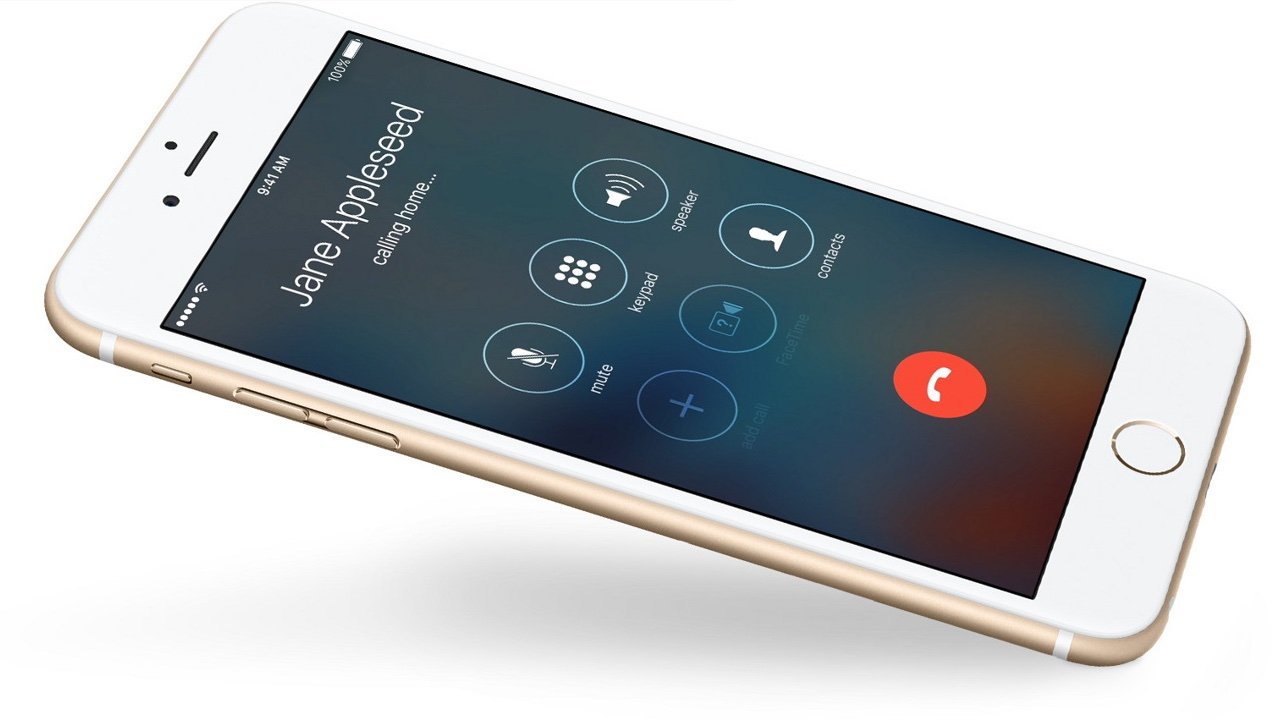Caltech may finally settle $848 million patent case against Apple
The California Institute of Technology (Caltech) has disclosed that it has reached a potential settlement over its years-long dispute with Apple and Broadcom over the use of Wi-Fi patents.

This is what the iPhone looked like when Caltech's legal case began
Caltech began its legal battle in 2016, when it accused Broadcom and Apple of violating four patents it holds recording Wi-Fi. Four years later, Caltech won its case and Apple was ordered to pay $838 million in damages, while Broadcom was similarly required to pay 270 million.
Naturally, the case went to appeal, but over the course of the next two years, the legal case split into two. Apple and Broadcom wanted to argue that Caltech's patent claims were invalid, and also tried to get a new damages trial in order to reduce the amounts they had to pay.
In 2022, Apple and Broadcom initially got their new trial over the damages. They did not win the argument about invalidating the patents, however.
The that ruling about granting a damages trial was overturned by the US Supreme Court, which elected to not hear that challenge.
According to Reuters, Caltech appears to have reached a potential settlement. The news comes from a court filing on August 10, 2023, which itself followed a telephone conference between the parties.
"Potential settlement is reached," says the court filing. "For reasons stated on the record, the status conference is continued to August 24, 2023 at 8:30 a.m."
There are no further details on the half-page filing, and as yet it is not confirmed whether Caltech's potential settlement is with both Apple and Broadcom. The reasons for the status conference continuing is also not recorded in the filing.
But all three companies are due to file a new, joint status report "by noon on August 18, 2023."
Read on AppleInsider

Comments
I'm not saying there's a right or wrong way to do things, but it's definitely not as clear cut as colleges being purely funded by government (and thus by proxy, government is evil if colleges try to make money). Everything seems to be run like a corporation down there. Which then, when you compare it to patents filed by corporations, is pretty much the same thing. Employees don't own or get a cut from the patents filed in their name unless the company offers it. But I agree, Caltech should offer some sort of compensation for patents (as many companies do).